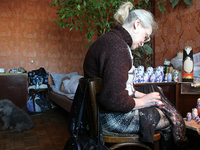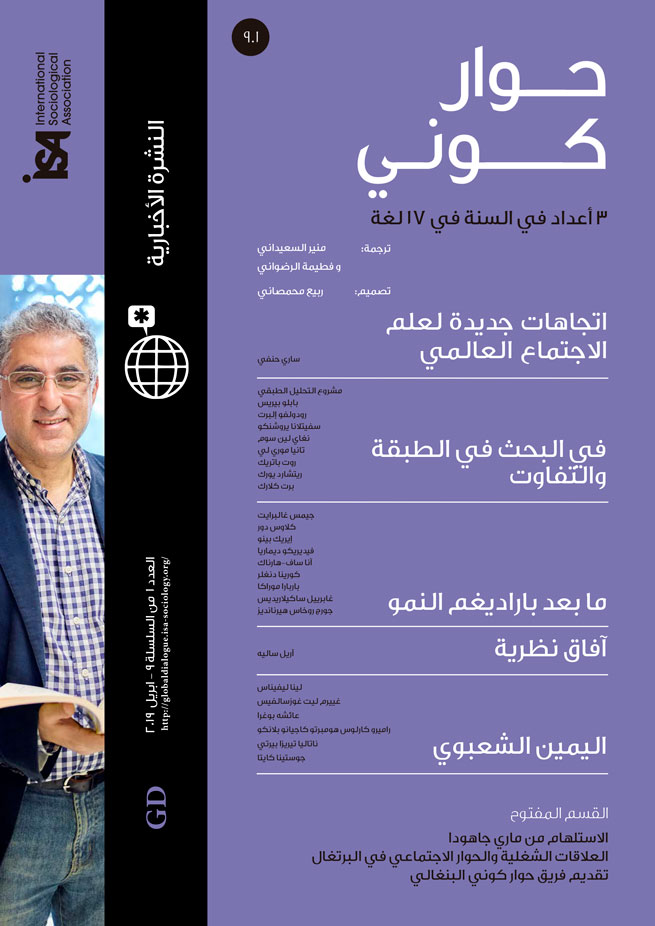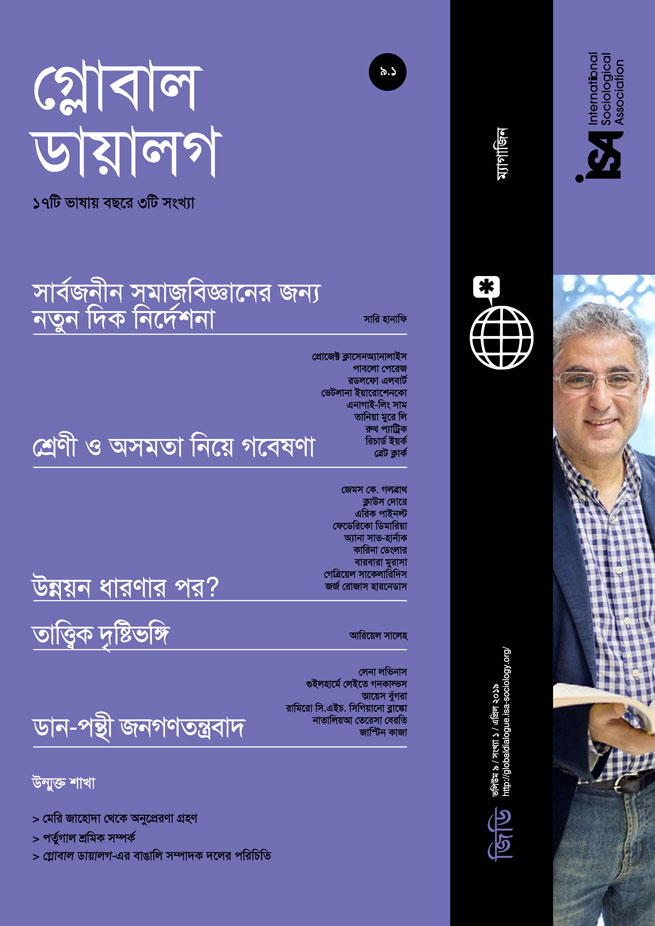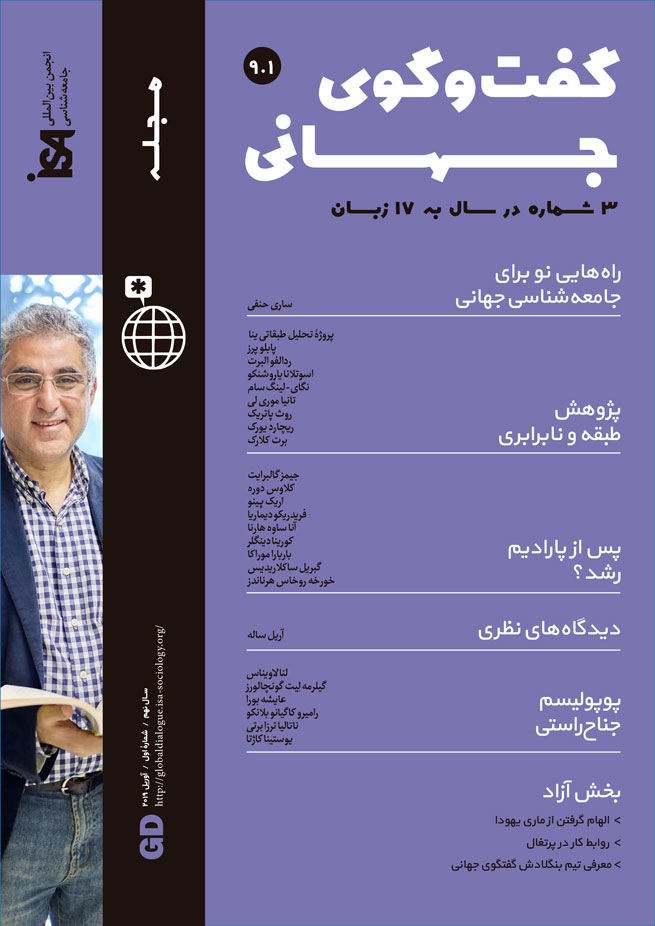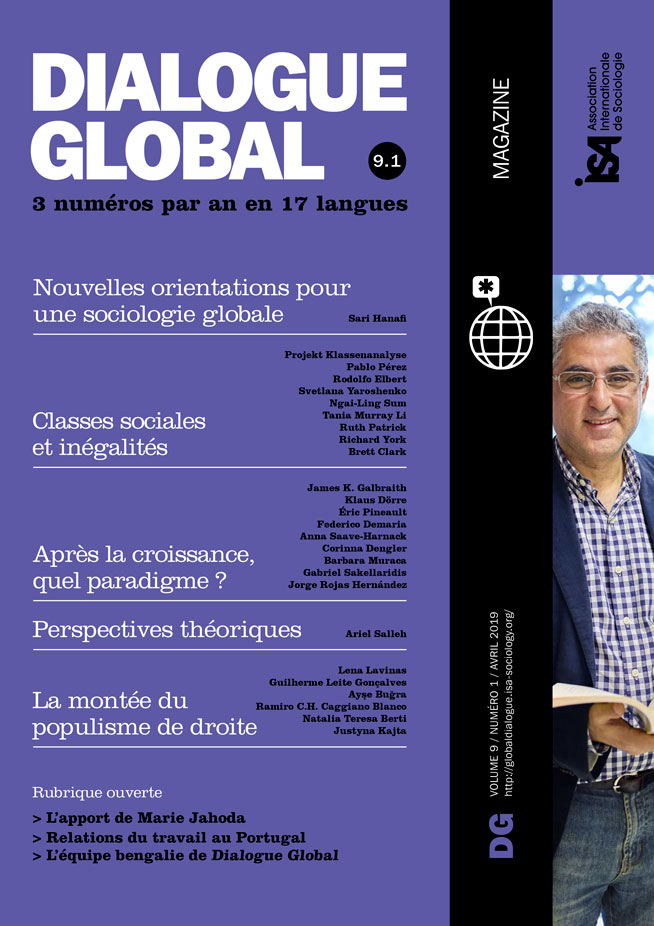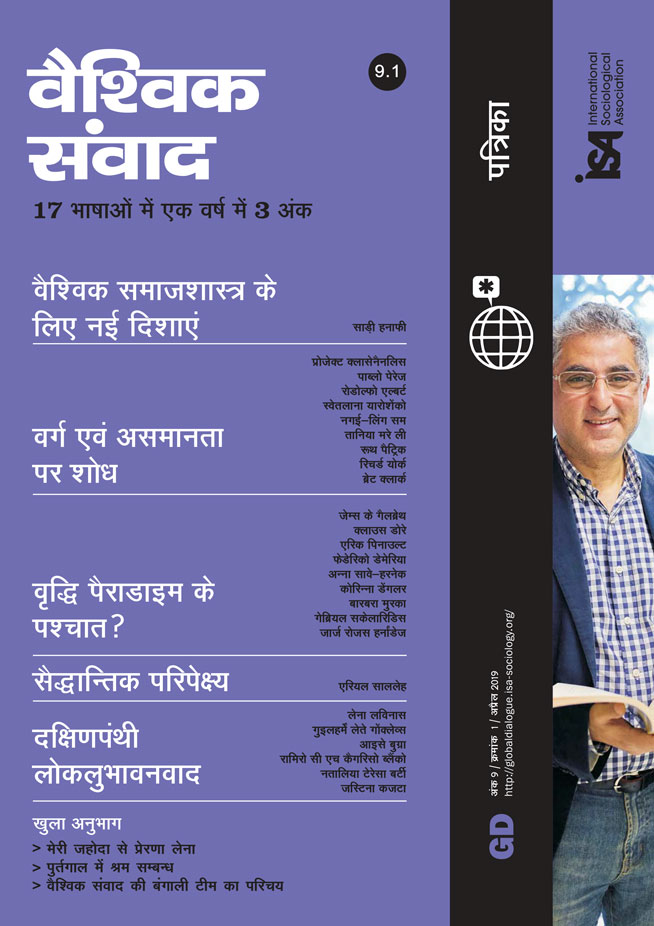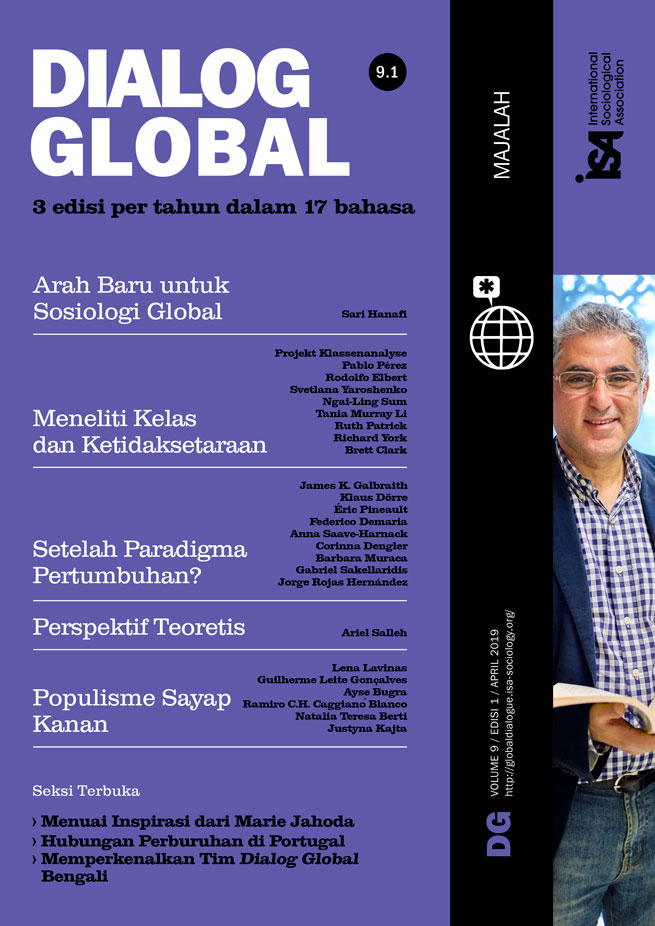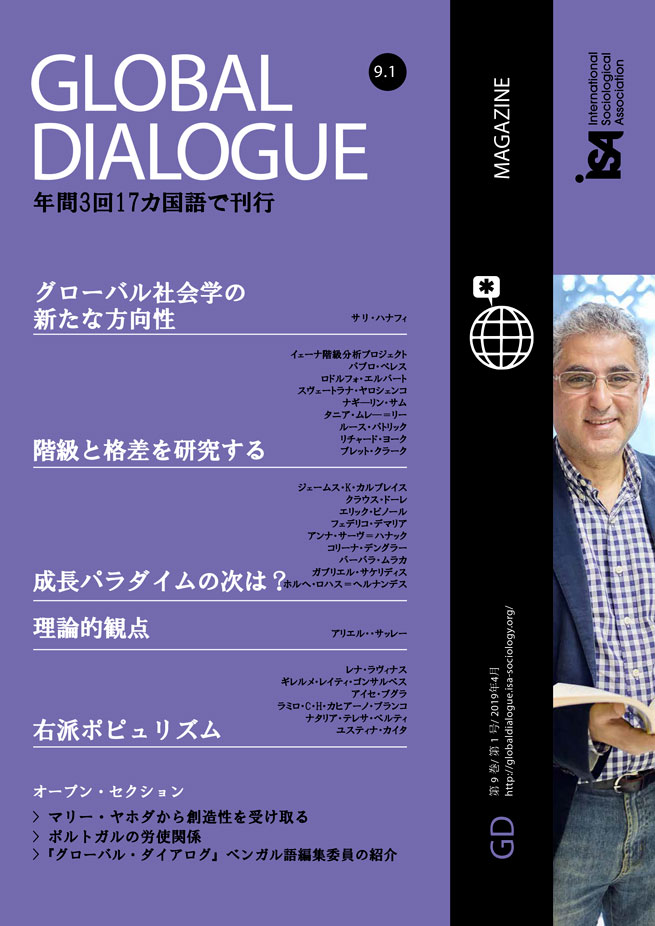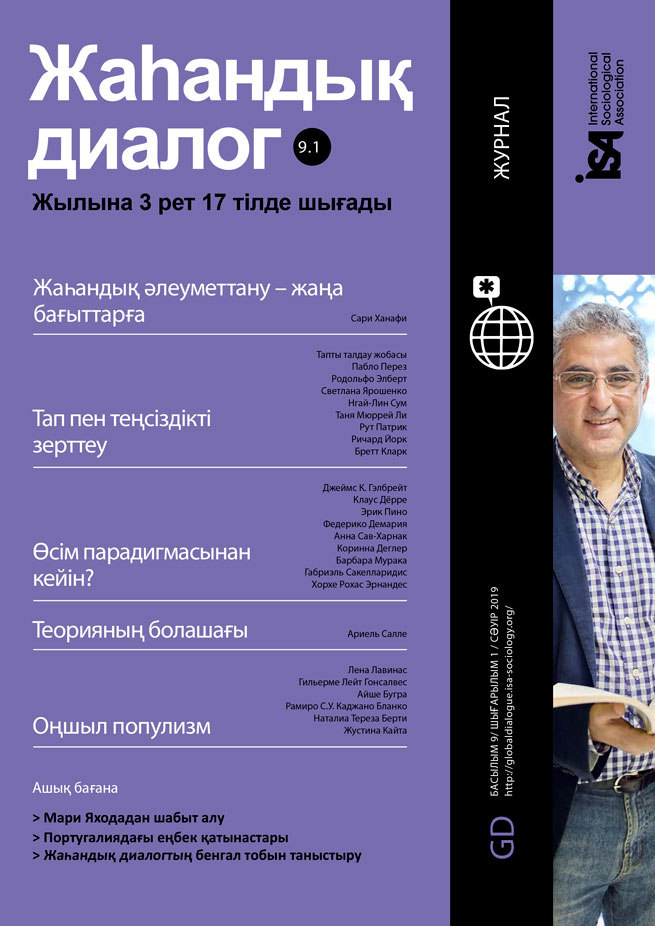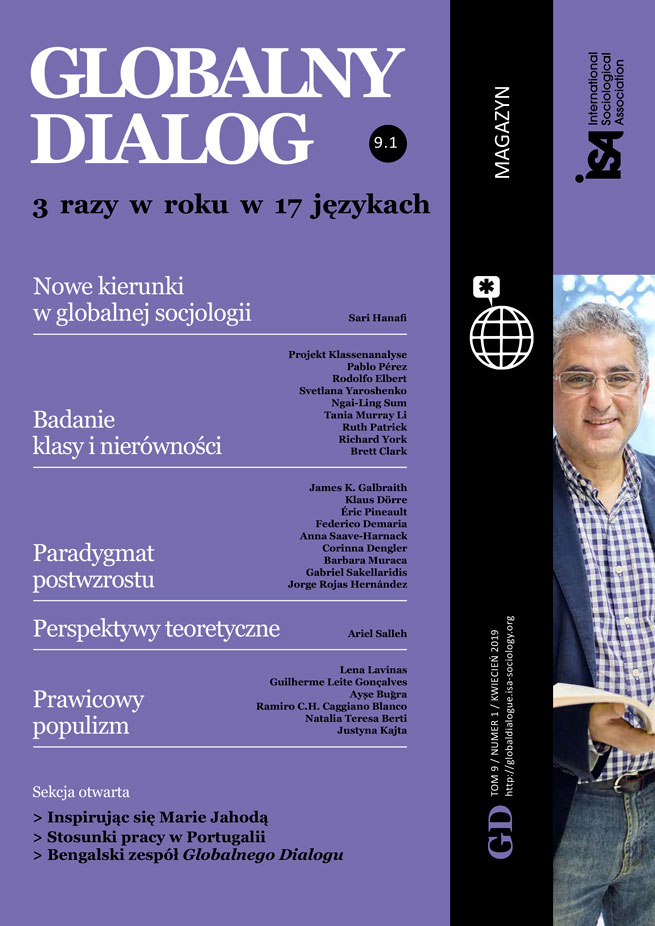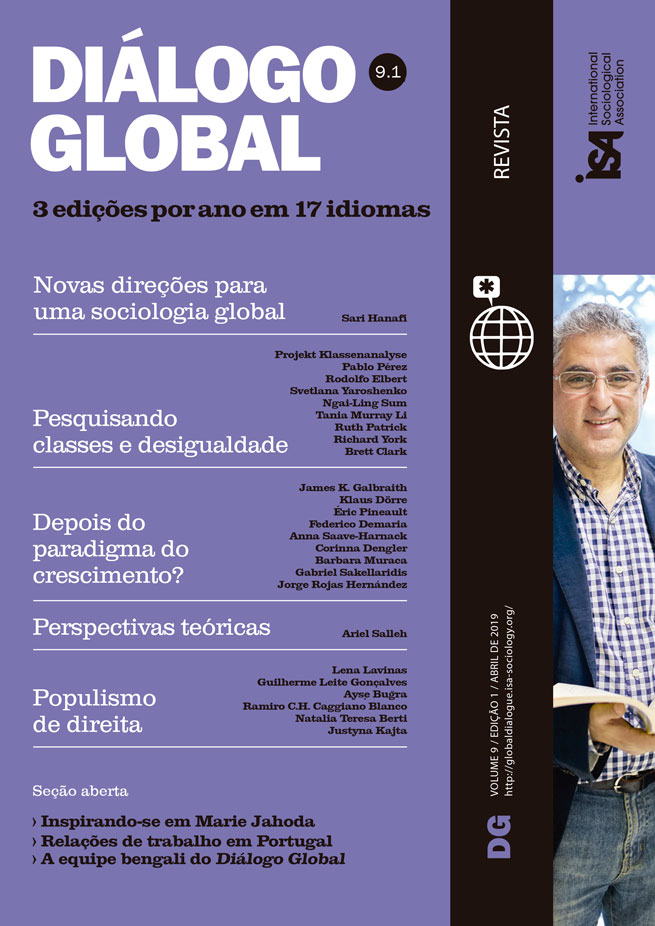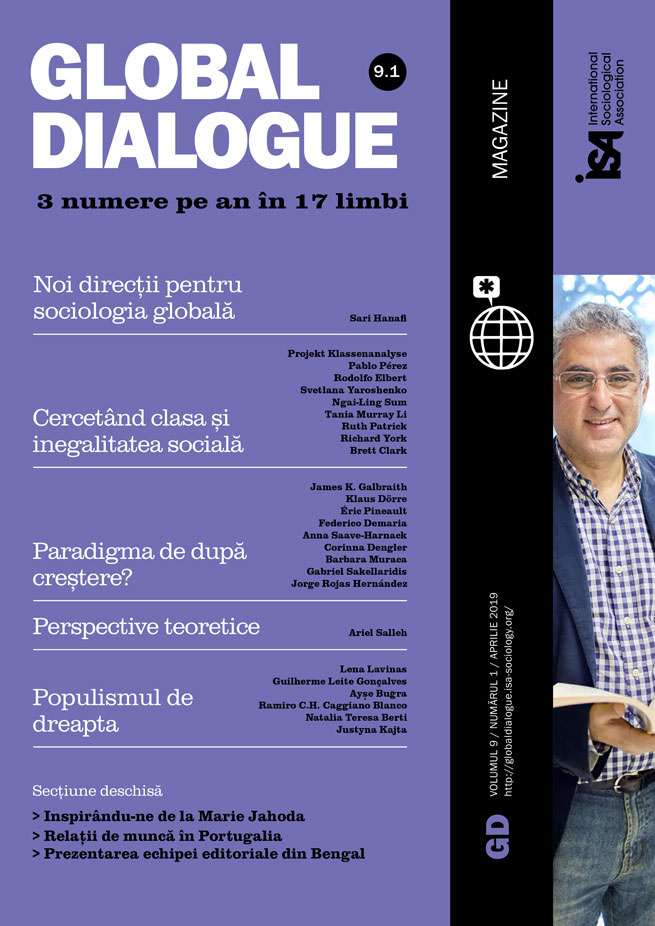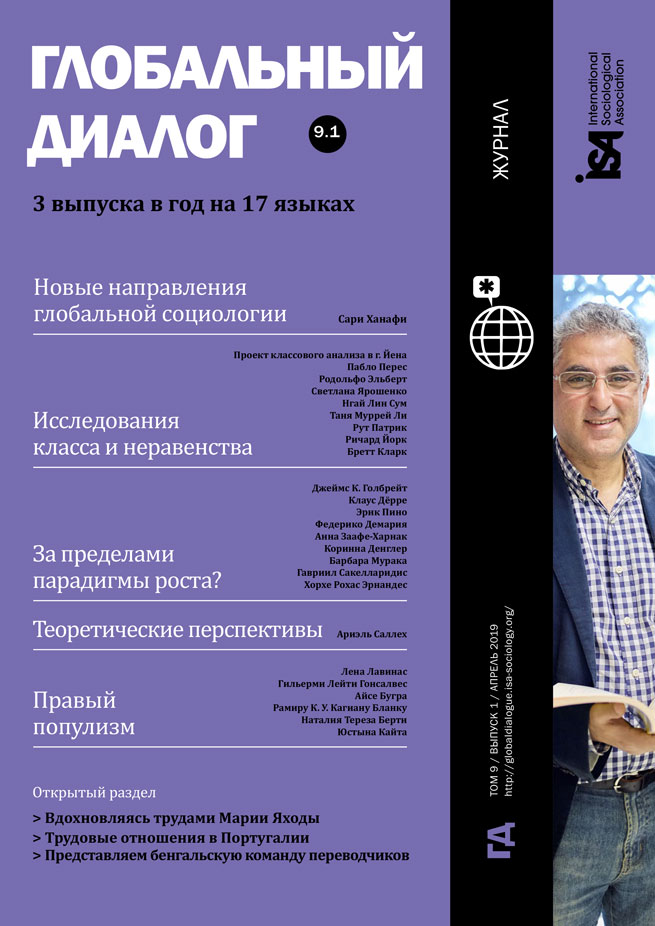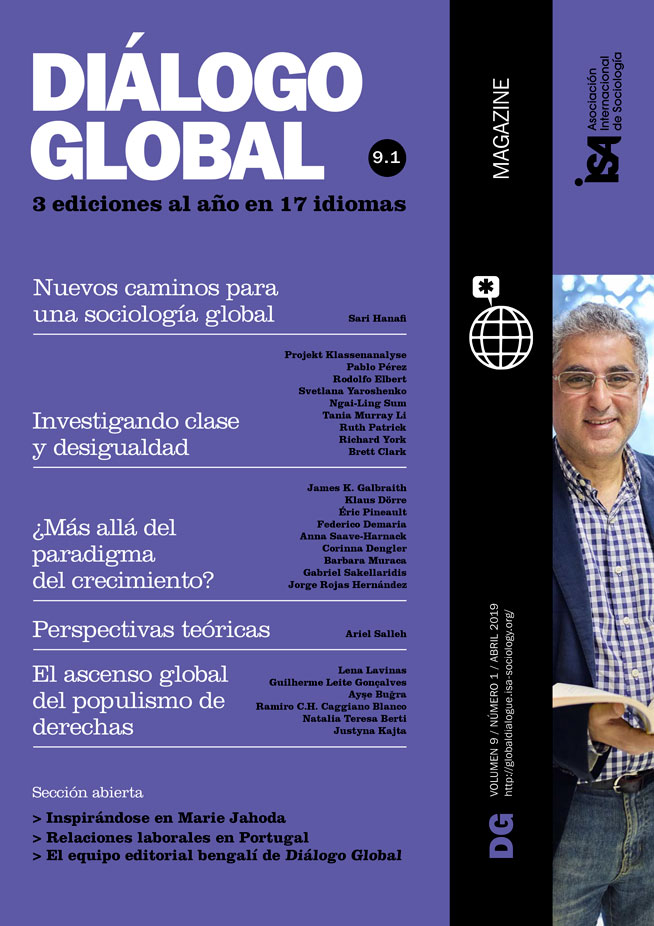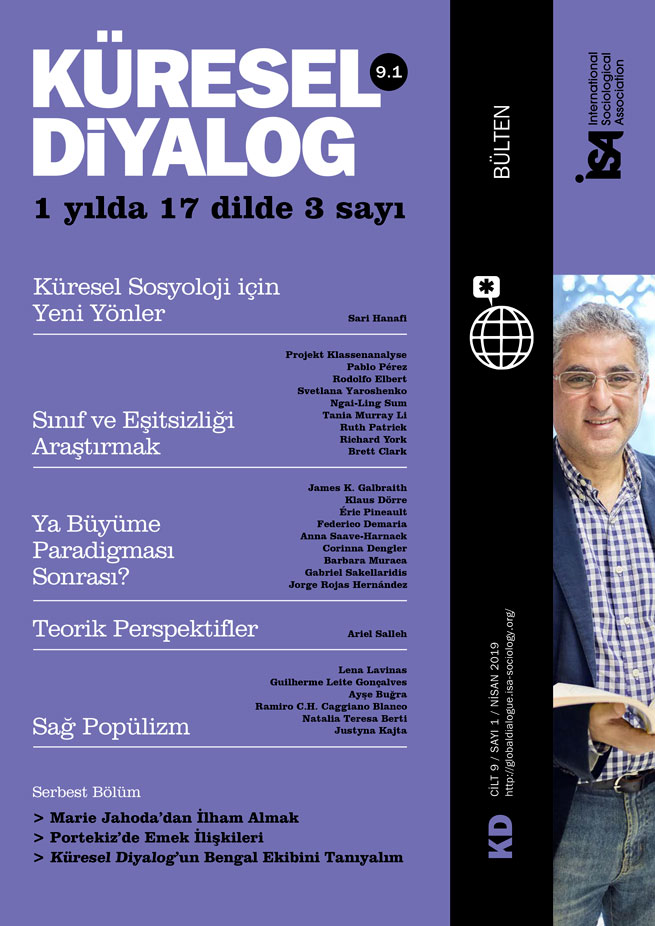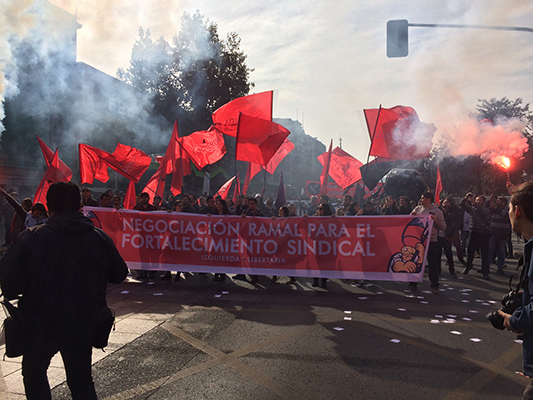Latin American scholars have attempted to bury the concept of class many times in recent decades. Since the 1980s, despite some differences, scholars have held that neoliberal policies have weakened the working class so much that it no longer influences the dynamics of social and political conflict in Latin American societies. In the last decade, however, workers have ignored these calls for the farewell to the working class. Organizing around work-related issues, revitalizing union activity, and demanding a fairer income distribution in alliance with other popular movements, Latin American workers in specific countries have stubbornly insisted that class continues to be a factor to explain conflict and politics in the region.
Certainly, since the early 2000s the concept of class has been reintroduced into the sociological agenda through the quantitative analysis of socioeconomic inequality (i.e. class mobility studies) and the qualitative study of workers’ collective action. Our work is part of this broader agenda, with a focus on class as an objective mechanism that shapes subjective outcomes, particularly oppositional identities and interests. Our recent research, based on datasets from the International Social Survey Programme, showed that 9 out of 10 individuals in Argentina and Chile self-identify with a social class. So much for an outdated concept! In both countries, individuals with a working-class position are more likely to see themselves as workers than those with a privileged class position. We found that the overall rates of working-class identification are higher in Chile than in Argentina. We explain these results by looking at the higher inequality and economic concentration in Chile and the history of “radical” party-union configuration in this country, compared to the state-corporatist incorporation of labor in Argentina.
We think that this type of research can contribute to the understanding of social and political conflict in a region that ranks among the most unequal in the world. Class does not only exist in the social structure and identities of Latin Americans: it can also be observed as shaping people’s sociopolitical interests. Individuals from different social classes think about the world in class terms (probably more than some scholars would accept), and often participate in political actions to defend their class interests - from signing online petitions and voting, to joining a union or party. Based on this, our new project focuses on the relationship between class structure, collective action, and class interests. We follow the work of Erik Olin Wright, who defines class consciousness as those aspects of consciousness which have a class content and class-pertinent effects. He argues that, at a micro-level of analysis, the subjective perception of class interests is one of the main aspects of class consciousness. Drawing upon Wright’s Marxist-inspired framework, we examine class interests by looking at the ways in which people from different classes subjectively evaluate capitalist institutions and social class dynamics.
Recent literature shows that working-class people are more likely to have critical attitudes towards capitalism and inequality, to hold oppositional views on class, and to endorse redistributive policies than, say, employers or managers. Our preliminary results are consistent with this literature: country differences aside, Latin Americans located in a working-class or informal self-employed class location have more critical stances towards neoliberal institutions, ideas, or outcomes (e.g. they are more likely to criticize income disparities or the absence of government intervention) than respondents located in a privileged class location (e.g. expert managers).
Our current work seeks to extend these findings through the study of how collective action is a mechanism that might reinforce people’s understanding of the material interests shaped by their class location. Thus, we aim to contribute to the analysis of this less-examined side of the causal relation between class, collective action, and class consciousness. We hypothesize that in countries with recent experiences of popular radical mobilization - i.e. countries where the working class and the popular sectors have been central actors supporting the rise of the left - the impact of class location and collective action participation on interests is stronger than in countries with low levels of contentious politics, or where working-class people continue to be excluded from political mobilization.
We believe that it is worth developing these investigations not because class is the only source of political activism in the region, but because we think that the possibilities of a political project of emancipation in Latin America are determined by the political involvement of the working class. This type of activism must certainly go hand in hand with the mobilization against other sources of oppression (and their intersection), such as the massive women’s protests and strikes against femicidios and for the legalization of abortion in Argentina and Chile; or the more recent #EleNão movement in Brazil where women and racially oppressed groups led the way in the struggle against the growth of the extreme right. In a historical context where the right is returning to power, only an empowered working class that defends its class interests in alliance with other oppressed groups will be able to build a left-wing movement strong enough to stop neo-fascism.
Pablo Pérez, Centre for Social Conflict and Cohesion Studies and Universidad Alberto Hurtado, Chile <pperez@uahurtado.cl>
Rodolfo Elbert, CONICET and Instituto de Investigaciones Gino Germani, University of Buenos Aires, Argentina and member of ISA Research Committee on Labour Movements (RC44) <elbert.rodolfo@gmail.com>




